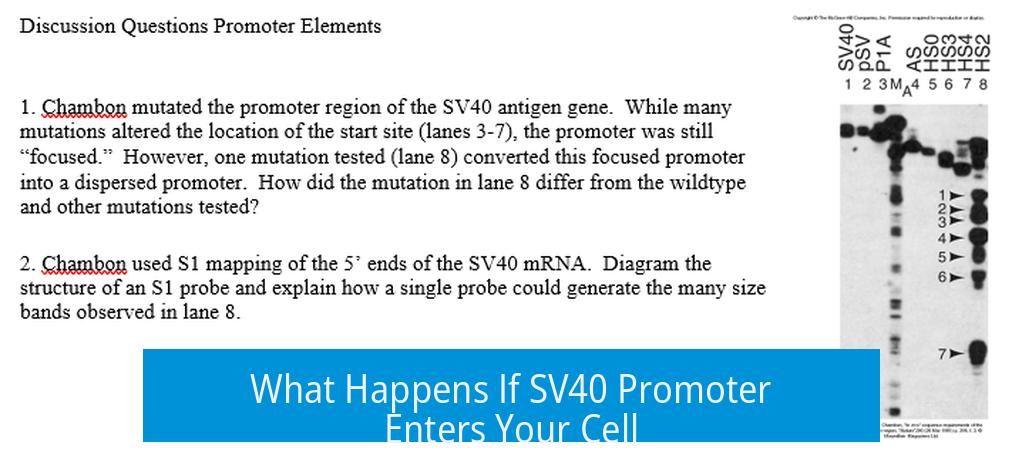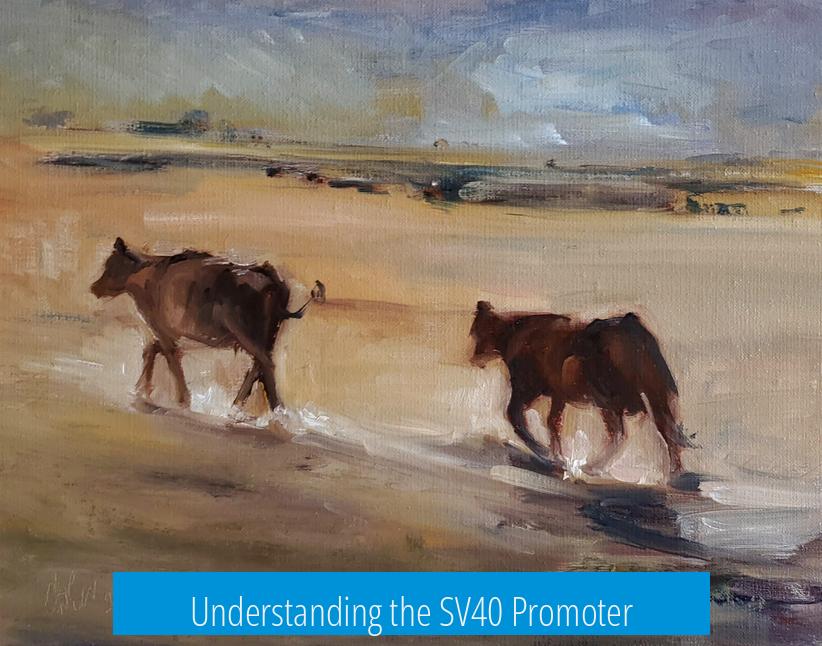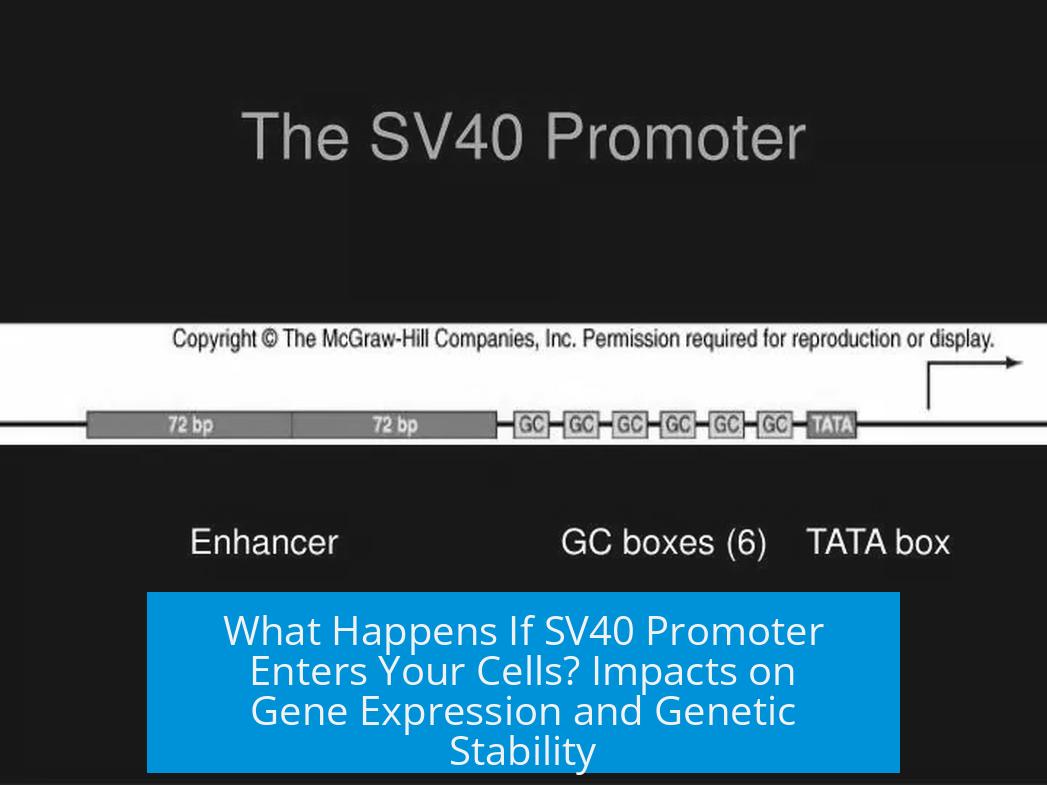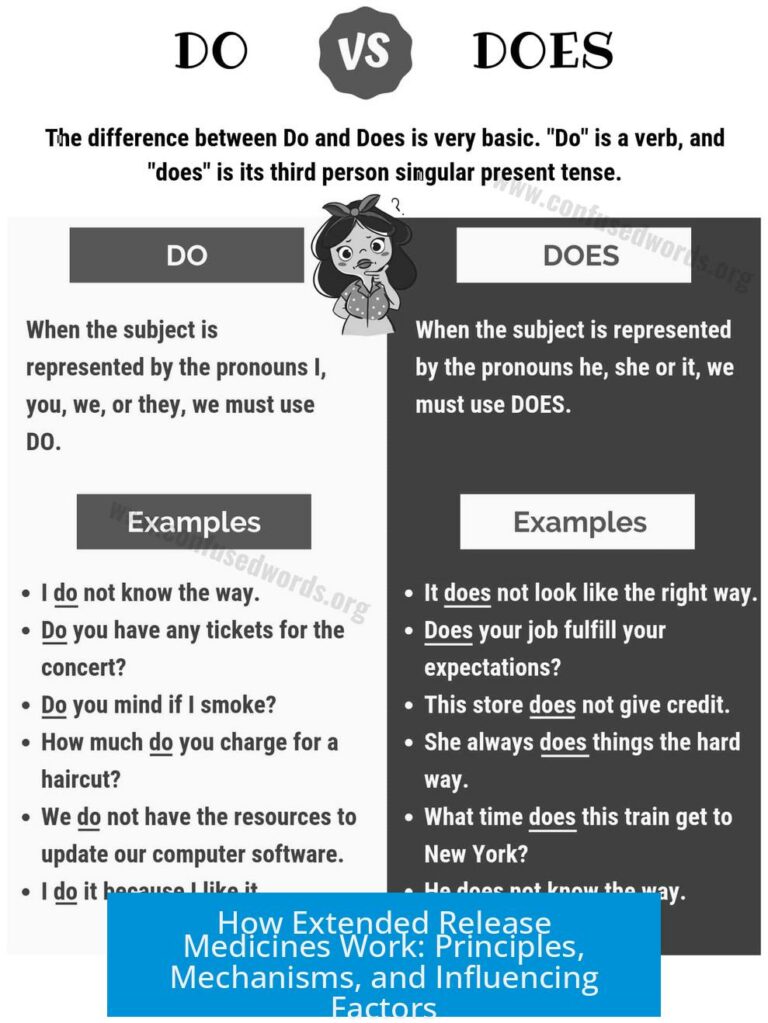What Happens If SV40 Promoter Enters Your Cell?

If an SV40 promoter enters a cell, it may initiate transcription of downstream RNA temporarily but does not integrate into the host genome or change the host DNA expression permanently. The SV40 promoter functions as a regulatory DNA sequence, but its impact inside human cells remains limited and transient.
Understanding the SV40 Promoter

Promoters are cis regulatory elements that facilitate the binding of RNA polymerase to initiate transcription. The SV40 promoter is derived from the Simian Virus 40 and commonly used in molecular biology to drive gene expression in experimental settings.
Importantly, promoters by themselves do not alter the natural expression of a cell’s own DNA. They serve only as signals to start transcription when linked to compatible genetic material.
Fate of Foreign DNA Containing the SV40 Promoter
Foreign DNA introduced into cells, such as DNA segments containing the SV40 promoter, typically does not persist long. Cellular mechanisms degrade extraneous DNA strands, preventing long-term retention or integration into the genome.
This means any SV40 promoter DNA entering a cell is likely temporary and does not cause lasting genetic changes.
Transcriptional Activity of the SV40 Promoter
When present alongside suitable downstream sequences, the SV40 promoter can initiate transcription, producing RNA molecules. However, isolated SV40 promoter DNA fragments alone would not efficiently produce meaningful transcripts nor alter normal cell functioning.
No Alteration to Host Genome or Vaccine Impact
No scientific evidence supports SV40 promoter sequences integrating into or modifying a person’s genome. This concept is important amid misinformation regarding vaccine safety, as the presence of SV40 promoter fragments does not indicate genome alteration or contamination.
Key Takeaways
- SV40 promoter acts as a DNA sequence to initiate transcription only in the presence of downstream genes.
- Foreign SV40 promoter DNA does not stick around; cells degrade it quickly.
- The promoter does not integrate or alter human genomic DNA.
- This mechanism does not relate to vaccine genome modification claims.
What Happens If SV40 Promoter Enters Your Cell? Unpacking The Mystery
Imagine a tiny fragment of DNA knocking on the door of your cell. This little visitor is called the SV40 promoter. You might wonder, “Is it a good guy, a bad guy, or just a boring tax collector?” The short and clear answer is: if the SV40 promoter enters your cell, it might start some transcription downstream of its sequence but won’t alter your genome or cause any long-lasting changes. Now, let’s unpack why this is true, with a pinch of science and a dash of fun.
First off, think about DNA promoters as those diligent traffic controllers for gene expression. The SV40 promoter, from the Simian Virus 40, is a well-studied sequence known for yelling “Start transcription here!” without rewriting the rest of the genome’s rules.
Promoters Are Just Gene Expression Regulators, Not Genome Editors
Promoters like SV40 are cis regulatory elements: they live right next to the genes they regulate and help control when and how much the gene is expressed. They do not rewrite the script of your DNA, merely suggest where the script’s scene should open.
This means the SV40 promoter can’t integrate or splice itself into your genetic material. It’s more like a switch turning a light on or off but not replacing the wiring behind the scenes.
Foreign DNA? It’s a Passerby, Not a Permanent Resident
So what happens when the SV40 promoter-containing DNA enters your cell? It’s usually transient. The invading DNA typically doesn’t stick around or embed itself in your chromosomes.
Your cell’s natural defenses and nucleases chew up foreign DNA that isn’t part of the genome. This means the SV40 promoter introduced accidentally or experimentally is like a guest who forgot to leave but gets politely escorted out eventually.
Can SV40 Promoter Activate Transcription? Yes, But With Limits
If the foreign DNA with SV40 promoter lands in your cell, it may initiate transcription of RNA. This RNA comes from the foreign sequence itself, not your host DNA.
Imagine the SV40 promoter as a motivational coach cheering on an RNA polymerase to transcribe adjacent foreign DNA. The polymerase listens and transcribes that nearby DNA into RNA. This RNA, however, is separate from any human gene messages.
Importantly, this action doesn’t corrupt your DNA or rewrite your genetic instructions. It’s more like a production of a guest star scene, without changing the main script of your genome.
SV40 Promoter and Vaccines: Clearing Up the Confusion
There’s some buzz about SV40 promoter and vaccines, particularly around the Pfizer mRNA COVID-19 vaccine. Some worry it might meddle with our genes.
Here’s the crystal-clear fact: the SV40 promoter does not cause genomic alterations. It’s unrelated to how vaccines, including Pfizer’s, operate. These vaccines do not insert viral promoters into your genome.
Hence, concerns about genome modification by vaccines based on SV40 promoter sequences are unfounded. The SV40 promoter’s role remains strictly as a transcription start site when in lab contexts, not in your cells post-vaccination.
Practical Example: Why Scientists Use SV40 Promoters
Researchers love SV40 promoters because they’re strong transcription starters in lab tests, allowing controlled gene expression studies. They insert the promoter next to a gene of interest artificially to probe gene function or produce proteins.
But these experiments happen under controlled conditions. In everyday life, accidental exposure to SV40 promoter sequences won’t lead to genome editing or cellular chaos.
So Should You Worry If SV40 Promoter Enters Your Cells?
The honest answer is no. The transient presence won’t cause genetic changes, persistent contamination, or unexpected gene activation of your own DNA. It acts like a temporary visitor who’s helpful for some transcription but doesn’t set up camp.
To put it another way, your DNA remains the boss, the genome remains unchanged, and the SV40 promoter’s role stays limited to inviting transcription on foreign DNA.
Summary Table: What Really Happens?
| Aspect | What Happens with SV40 Promoter? |
|---|---|
| Genome Integration | None — it does not integrate or alter the genome. |
| Transcription Initiation | Possible on downstream foreign DNA, but unrelated to host genes. |
| Longevity in Cell | Transient presence; foreign DNA is usually degraded. |
| Effect on Vaccines | No genome editing or contamination by SV40 promoter in Pfizer’s vaccine. |
Final Thoughts
In the vast and often confusing realm of cellular biology, the SV40 promoter may seem like a sneaky agent of change. Yet, it’s more accurately a polite request to start transcribing a nearby sequence, without crashing the genome’s party.
Next time you hear about viral promoters entering cells, remember: they might make some noise temporarily but don’t rewrite your biological story. Science keeps your genome firmly in charge.
Have you ever wondered how these genetic “traffic signals” keep our cells running smoothly? Or how lab scientists cleverly harness SV40 promoters to learn about genes? Drop a comment—biology’s never been so approachable and fun!





Leave a Comment